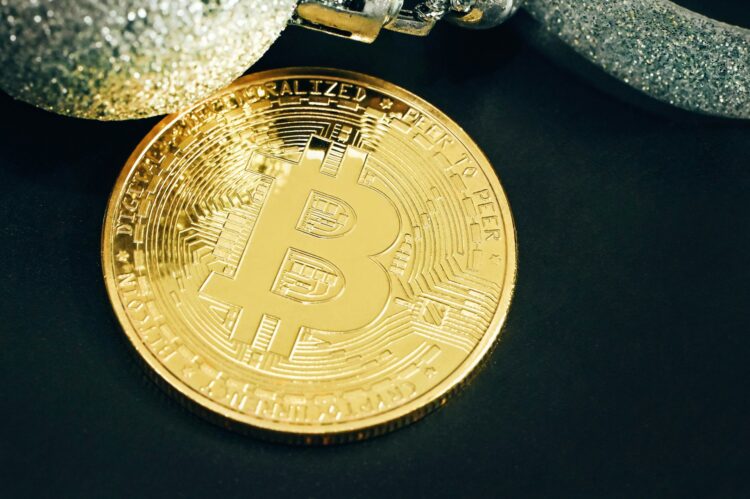As global interest in cryptocurrency continues to surge, Japan finds itself at a crossroads concerning the establishment of a national Bitcoin (BTC) reserve. This debate was recently highlighted in a report by CoinPost, a prominent Japanese cryptocurrency publication, which delves into the cautious position taken by Japan’s Prime Minister, Shigeru Ishiba.
Ishiba’s Hesitance towards Bitcoin Reserve Initiatives
While some influential policymakers in Japan advocate for exploring cryptocurrency reserves akin to those being considered in other major economies like the United States, Prime Minister Ishiba has expressed significant reservations. His primary concern lies in the lack of comprehensive information necessary to make an informed decision about such a strategic move.
The momentum for discussing a national Bitcoin reserve in Japan was sparked when Satoshi Hamada, a member of the Japanese House of Councilors from the Party to Protect the People from NHK, introduced this proposal during recent parliamentary sessions. Hamada’s argument centers on the potential benefits of diversifying Japan’s foreign exchange reserves by incorporating crypto assets like Bitcoin, mirroring discussions reportedly happening in the US. Hamada emphasized, “I think Japan should follow the example of the United States and consider turning some of its foreign exchange reserves into crypto assets such as Bitcoin.”
Prime Minister Ishiba responded by stating that Japan currently lacks adequate insights into the US and other countries’ strategic plans concerning Bitcoin reserves. Consequently, the Japanese government is not in a position to commit to creating a BTC reserve at this juncture.
Related Insights
Further elaborating on his stance, Ishiba mentioned that he lacks a comprehensive understanding of the “movements” taken by the US in establishing a Bitcoin reserve. He concluded by noting the difficulty for the government to express definitive views on the matter at present. Additionally, regarding the proposal to convert portions of Japan’s foreign exchange reserves into digital assets like BTC, Ishiba clarified that cryptocurrencies do not fall under the traditional foreign exchange category.
The Potential Impact of Strategic Bitcoin Reserves
Earlier this month, Federal Reserve (Fed) Chairman Jerome Powell reiterated the Fed’s current position, stating that it cannot hold Bitcoin. However, reports suggest that the incoming administration under Republican president-elect Donald Trump may advance plans to establish a Bitcoin reserve. The Bitcoin Act of 2024, introduced by pro-crypto American Senator Cynthia Lummis, outlines a strategic plan for the US Treasury and Federal Reserve to acquire 200,000 BTC annually over a five-year period, ultimately accumulating one million BTC. This initiative could significantly impact the cryptocurrency market by reducing Bitcoin’s circulating supply, potentially driving up its price.
Global Implications and Market Dynamics
Bitcoin’s price could experience further upward momentum if other countries worldwide embark on creating their own BTC reserves. This could lead to an unofficial international race among nations to accumulate as much BTC as possible. Already, there are indications of countries attempting to add BTC to their treasury reserves.
Anthony Scaramucci, Founder and Managing Partner of SkyBridge Capital, recently remarked that if the US proceeds with its plans for a strategic Bitcoin reserve, it is highly likely that China will follow suit with its own initiative. As of the latest market data, BTC is trading at $95,503, reflecting a 3.3% decline over the past 24 hours.











